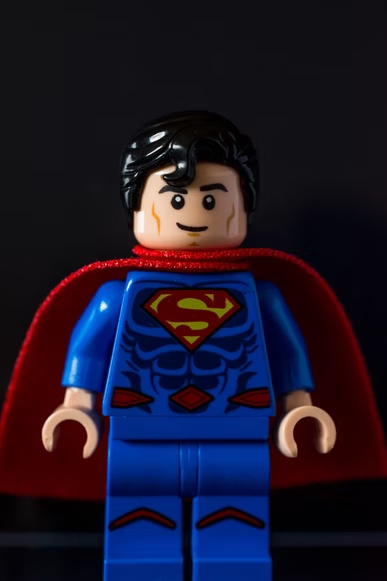Photo: Austris Augusts, on Unsplash
This webpage is for trust fundraisers with three or more years’ experience. Beginners should use this page instead.


Photo: Austris Augusts, on Unsplash
This webpage is for trust fundraisers with three or more years’ experience. Beginners should use this page instead.
There are a lot of arguments in terms of rhetoric and good fundraising practice that, if you want someone to give to you, you should make them the hero of the story:
Edgar Villanueva argues that it’s immoral to be doing this:
Maybe that’s true in the States. In the UK, where grantmakers are smaller, I’m not sure many of them actually have such a thoroughly developed and rigid theory of change. Most grant making is reactive, with trusts seeing the kinds of projects that come in and choosing from that range, based on criteria that are often not that clear to the applicants. I don’t think the trust is often driving the situation that much in the UK, their choices just shape it to an extent.
Beyond that, I’ve never seen a funded project that actually damaged the situation. (Occasionally I’ve heard of the better work being “driven out of business”, but this has happened with tenders not grants. The biggest UK grant funder, the Lottery, actually has strong structures to avoid this happening.) Having read plenty of books on international development I’m well aware it can happen and I know that in mental health some can be controversial/less effective in therapeutic terms. However, charities rarely submit projects that are that out of touch with the real world. So, it’s hard to see how trusts COULD make things worse. The worst they can normally manage is: to do less good with the money than they otherwise might.
This seems to be applying a psychological model to a non-psychological situation. Villanueva’s argument is: where there’s a saviour, there’s a victim and a perpetrator. So, he seems to imply, acting as a saviour in some way perpetuates victims and presumably perpetrators. However: